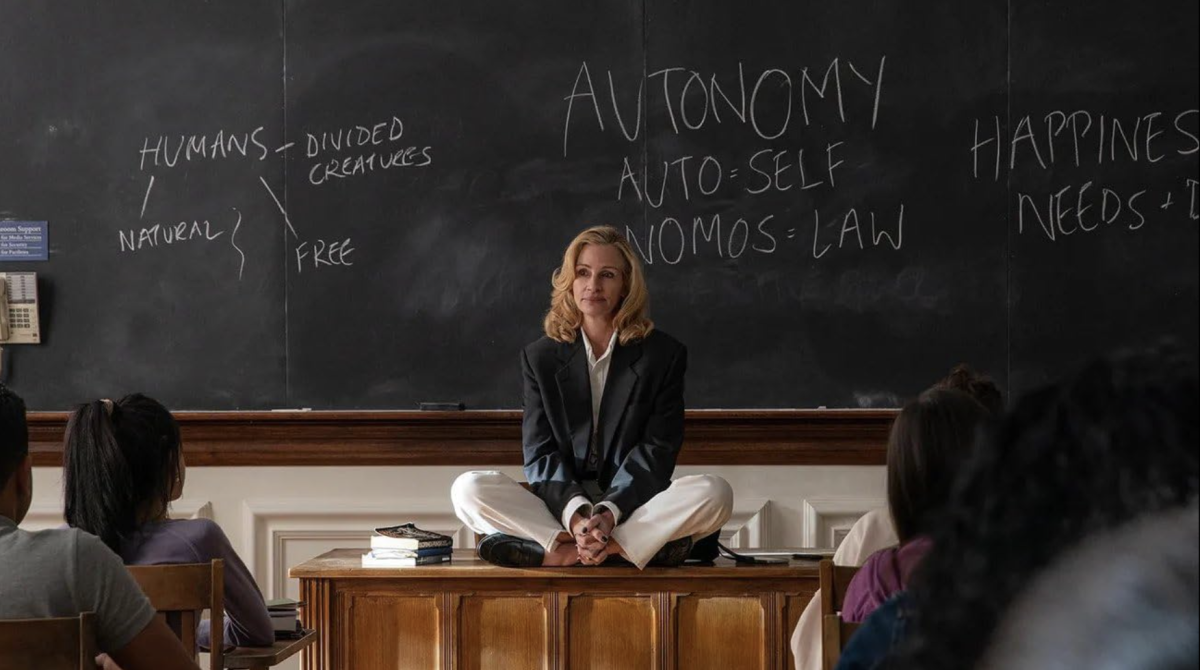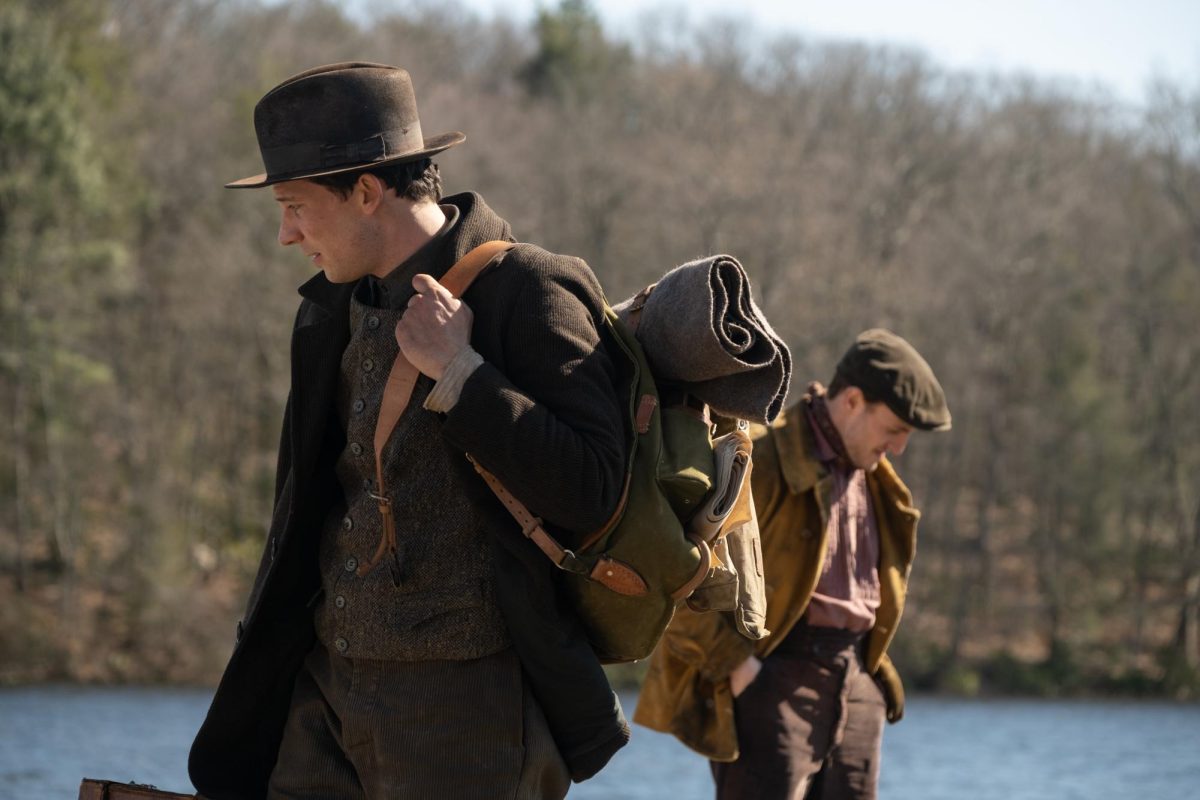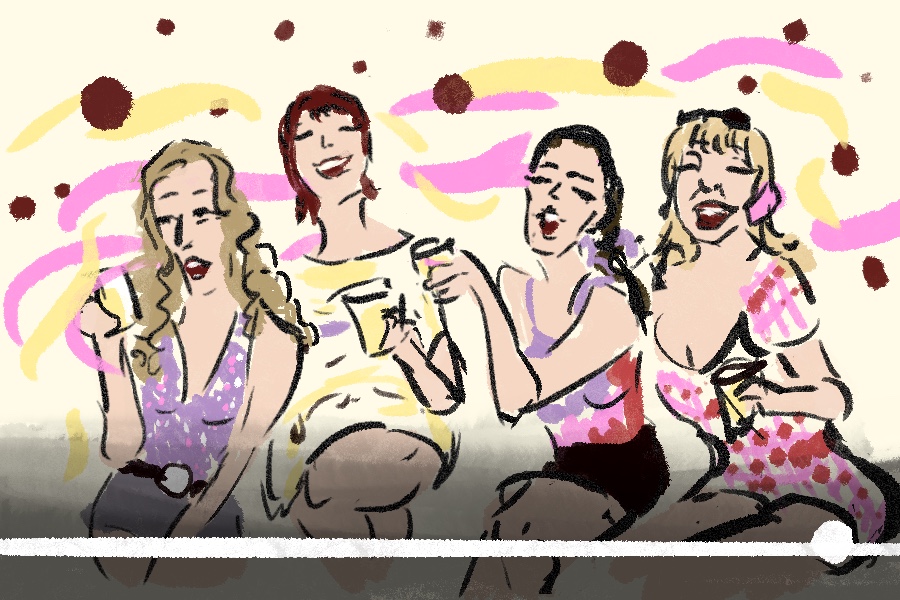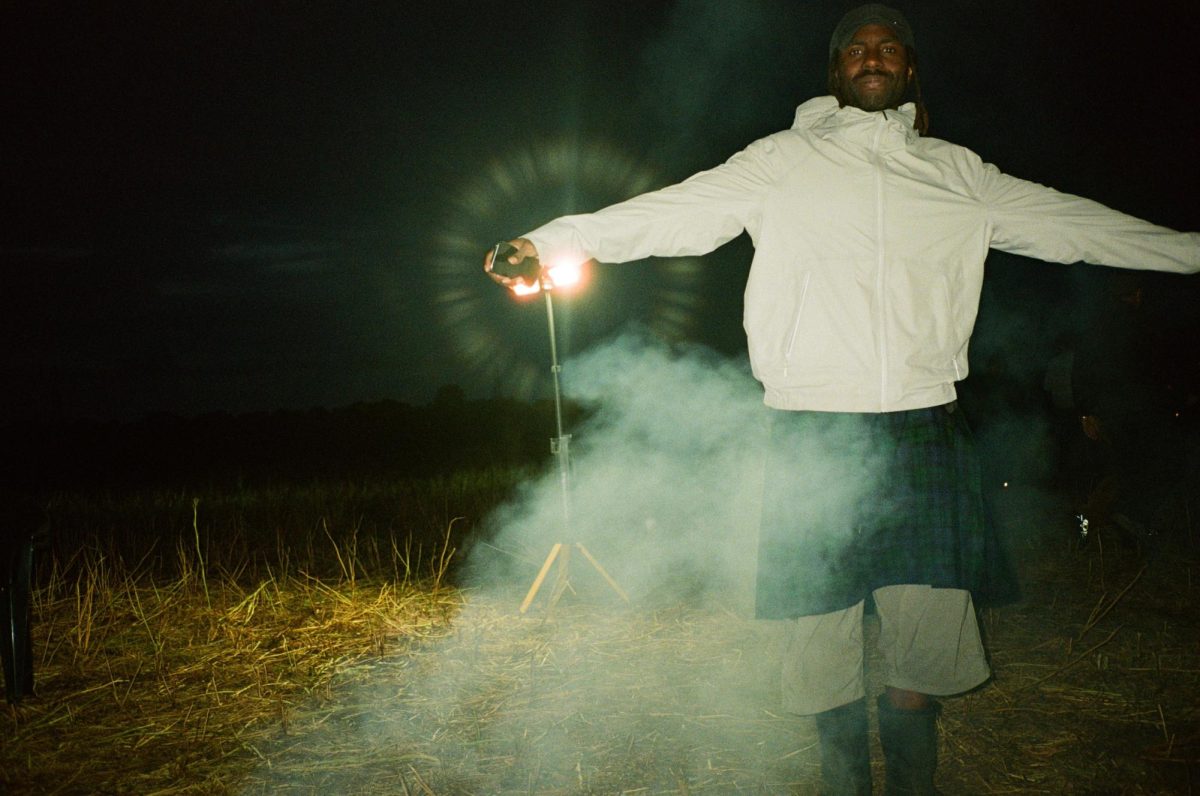Most films featuring a severely disabled protagonist are tear-jerking, heart-wrenching dramas that leave the viewer feeling guilty for his or her own pampered life. But “The Sessions” is a notable exception to this rule.
After achieving much critical acclaim from Sundance Film Festival, the movie — based on a true story — involves the trials and tribulations of Mark O’Brien (John Hawkes), a poet and journalist from Berkeley, Calif. O’Brien’s passion lies between the margins of typewritten pages, and despite his easygoing personality and quick wit, his life-long polio affliction has crushed many of his dreams. Confined to an iron lung for breathing support and a special gurney to help him move, O’Brien often loses sight of the fundamental aspects of being human.
Hawkes, the indie film master who gained acclaim for his roles in “Winter’s Bone” and “Martha Marcy May Marlene,” succeeds in appealing to the hearts of his viewers but not bogging them down in sappy drama. The secret to his allure emerges in his myriad facial expressions and near-perfect imitation of the real O’Brien’s voice. News clips in the film featuring the real-life O’Brien show just how well Hawkes slips into the timbre of the crippled writer’s voice and the style of his limited movement.
Driven by curiosity and courage, O’Brien figuratively takes a leap into the unknown. Asked by a local newspaper to cover a story regarding the disabled and sexuality, he reflects on his own inexperience. He hires a sex surrogate (Helen Hunt), a professional therapist who assists those who are sexually deficient. With the support of his surrogate family, consisting of his priest, home care aid and therapist, O’Brien discovers a once-dormant aspect of his character. The sessions he embarks on not only allow him to discover his sexual prowess but also help him to accept his present condition and future prospects.
Just as Hawkes lights up the screen in his depiction of O’Brien, the supporting cast does an equally superb job in interpreting their characters. Hunt is sweet and helpful as the woman who ultimately opens up O’Brien to new possibilities. Although other aspects of her character, such as her family life, are underdeveloped, the relationship that the character develops with her patient shines. O’Brien’s priest (William H. Macy) and home care aid Vera (Moon Bloodgood) also enhance the story and are perfect complements to O’Brien’s offbeat and charming personality.
The viewer never sinks into mere pity for the protagonist, mostly because of his ambitious and heartfelt desire to feel alive again. With the awards season fast approaching, there is little doubt that this film will be featured prominently in many categories. With its masterful handling of a heavy subject, “The Sessions” is a film that will win over its viewers and leave them with rousing inspiration.
A version of this article appeared in the Thursday, Oct. 18 print edition. Nora Blake is a contributing writer. Email her at [email protected].

















































































































































